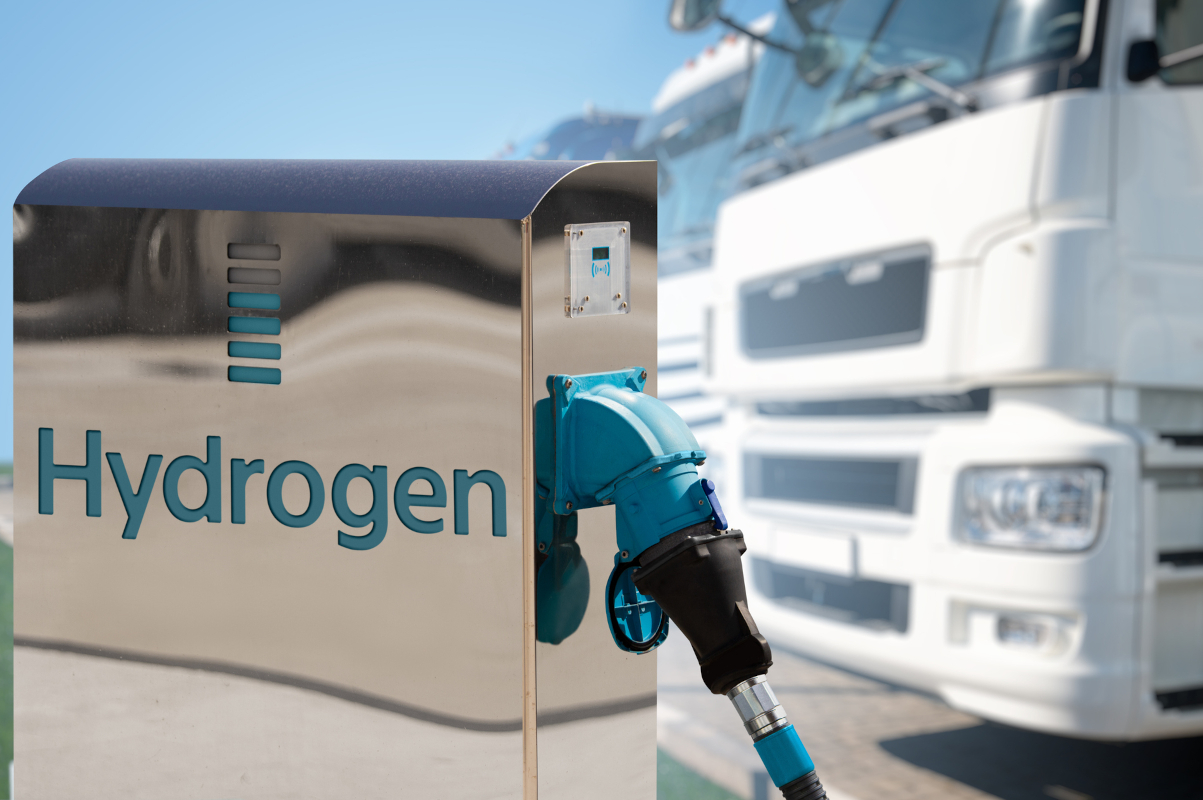Energy group E.ON calls for a swift course to ensure that the hydrogen ramp-up succeeds.
It is one of the great hopes in the fight against climate change: green hydrogen is expected to make large parts of industry and heavy transport climate-neutral. The gas is produced by electrolysis on the basis of renewable energies such as wind power and solar energy. The German government is promoting this technology of the future as part of its National Hydrogen Strategy. But an analysis by the energy company E.ON now shows that Germany is not sufficiently prepared for the ramp-up of the hydrogen economy.
As things stand, the German government will only achieve just over half of its hydrogen targets for 2030. If all the projects planned by then are taken into account, an electrolysis capacity of only 5.6 gigawatts (GW) will be realized – the target is ten GW. A large gap can also be seen in import requirements: Based on the dena lead study, which assumes a hydrogen requirement of 66 terrawatt hours by 2030, the import requirement – as of today – is 50.5 terrawatt hours. This is roughly equivalent to Germany’s monthly natural gas consumption in September 2022.
Transport network for hydrogen: only a fraction of the German gas network
In addition, there is a lack of infrastructure for transport, E.ON continues. Currently, there are only 417 kilometers of hydrogen networks – less than 0.1 percent of the German gas network.
All calculations are based on data from the Institute of Energy Economics at the University of Cologne (EWI).
“Our competitiveness and the success of the hydrogen ramp-up depend on whether the right political and regulatory course is now set quickly,” says E.ON Board member Patrick Lammers. Among other things, an EU-wide definition of green hydrogen is needed to promote investment decisions. In addition, he says, the funding environment in Germany is not mature and the approval processes for hydrogen production and import need to be massively accelerated.
E.ON plans to publish its H2 balance sheet every six months from now on to show the current status of the hydrogen ramp-up.
Also interesting: A study recently attested to the competitiveness of green hydrogen produced in Germany: Under certain conditions, it could even be cheaper than hydrogen imports from wind- or sun-rich countries.
Photo: iStock/Scharfsinn86


